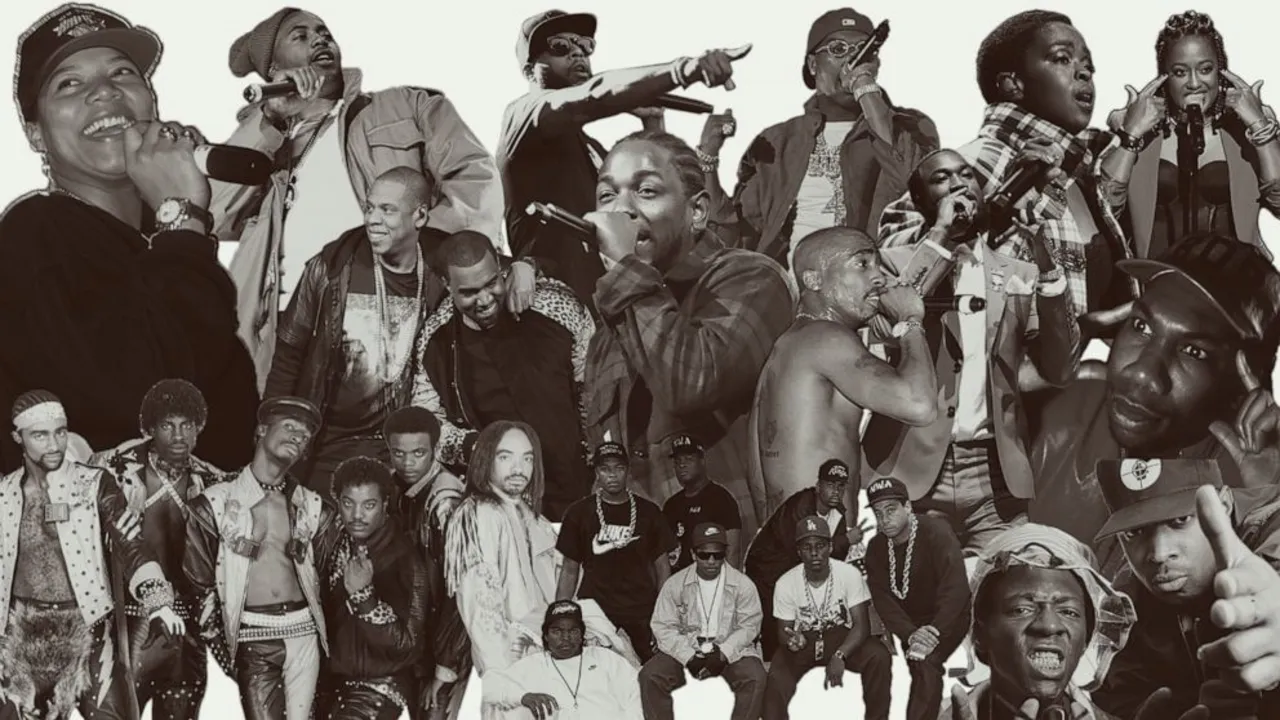
Is mainstream hip-hop music a negative influence?
Analyzing the Impact of Mainstream Hip-Hop Music on Youth Culture
Mainstream hip-hop has been a part of the musical landscape for decades. It has been praised for its vibrancy and creativity while also being criticized for its often violent and misogynistic lyrics. But is mainstream hip-hop music a negative influence on youth culture? This article will explore the impact of hip-hop on young people and the potential consequences of its messages.
The Impact of Mainstream Hip-Hop Music
It’s no secret that mainstream hip-hop often promotes a lifestyle of materialism, sex, and violence. Many of the lyrics in these songs are highly sexualized and glorify a culture of violence and misogyny. This often leads young people to become desensitized to the objectification of women and to the celebration of violence. Additionally, the values often presented in mainstream hip-hop songs can lead to unhealthy and unrealistic expectations of success and material gain.
The Negative Effects of Mainstream Hip-Hop Music
The messages conveyed in mainstream hip-hop music can have a negative impact on youth culture. For example, it can lead to increased aggression and violence in young people, as well as a greater acceptance of sexist and misogynistic attitudes. Additionally, it can lead to a sense of entitlement and a skewed view of success, placing too much emphasis on material gain and not enough on personal development and growth.
The Positive Effects of Mainstream Hip-Hop Music
Despite its often controversial messages, mainstream hip-hop music can also have a positive effect on youth culture. It can provide a sense of identity and belonging for young people, as well as a form of creative self-expression. Additionally, it can inspire and motivate young people to strive for success and to pursue their dreams. Furthermore, it can provide a platform for artists to address and discuss pressing social issues, such as racism and poverty.
Conclusion
Mainstream hip-hop music can have both positive and negative effects on youth culture. While it can promote unhealthy values and messages, it can also be a powerful tool for creativity and self-expression. It is important for young people to be aware of the potential consequences of the messages conveyed in mainstream hip-hop music and to make informed decisions about how they consume and interpret it.
Examining the Pros and Cons of Mainstream Hip-Hop Music on Society
Mainstream hip-hop music has become an integral part of today’s popular culture. It has become a powerful force in the music industry, with artists like Drake, Kendrick Lamar, and Jay-Z topping the charts. But there is a lot of debate over the impact of mainstream hip-hop music on society. Some argue that it is an important outlet for expression, while others fear that it glorifies violence and sends the wrong message. Let’s take a look at the pros and cons of mainstream hip-hop music to see the full picture.
Pros
The primary benefit of mainstream hip-hop music is that it gives a voice to marginalized communities. Many hip-hop artists come from backgrounds of poverty, and their music reflects the struggles of their communities. Through their music, they can share stories of struggle, hope, and resilience that many people can relate to. Mainstream hip-hop also offers an alternative to the status quo, challenging people to think differently and to take action.
Mainstream hip-hop is also a powerful tool for creative expression. It allows artists to explore their own identities and to express their unique perspectives. It can also be a powerful form of protest, as many hip-hop artists use their music to speak out against social injustice and inequality. Finally, mainstream hip-hop provides an opportunity for artists to share knowledge and wisdom with their audience.
Cons
Critics of mainstream hip-hop music argue that it promotes violence and negative stereotypes. Some of the most popular songs contain lyrics that glorify violence, drug use, and misogyny. This can be particularly damaging for young people, as it can normalize negative behavior and lead to copycat behavior. In addition, there is a lot of emphasis on materialism and wealth in mainstream hip-hop music, which can lead to people comparing themselves to others and feeling inadequate.
Another concern is that mainstream hip-hop music is often too focused on commercial success. Many artists prioritize making money over making meaningful music, which can lead to a lack of creativity and originality. This can be problematic, as it makes it more difficult for new, innovative artists to break through and be heard.
Conclusion
Overall, mainstream hip-hop music can be a powerful force for good, but it can also have a negative effect on society. It is important to consider both the pros and cons before making any judgments. Ultimately, it is up to the individual to decide whether mainstream hip-hop music is a positive or negative influence on society.
Write a comment